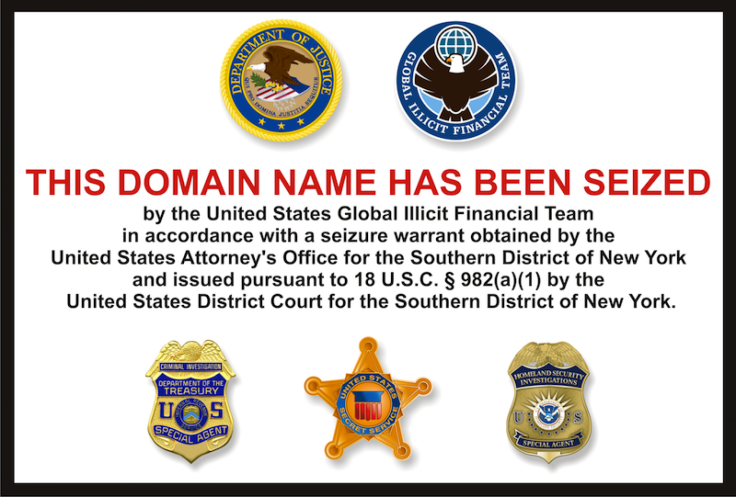Liberty Reserve Brought Down By 'Joe Bogus': How The Feds Arrested Arthur Budovsky

“Joe Bogus” led to the arrest of five employees of Liberty Reserve, the multibillion-dollar bitcoin processor whose owner, Arthur Budovsky, was charged with money laundering on Tuesday in Manhattan federal court.
The U.S. attorney’s office for the Southern District of New York was investigating Liberty Reserve for the Costa Rica-based company’s vetting policy -- or lack thereof -- of its clients, which U.S. Attorney Preet Bharara said includes child pornographers, identity thieves, computer hackers and drug traffickers. Such unsavory individuals were attracted to Liberty Reserve because the company allegedly turned a blind eye to the dealings of its customers and helped launder the proceeds from their criminal enterprises, according to Bharara.
“The only liberty that Liberty Reserve gave many of its users was the freedom to commit crimes,” the U.S. attorney told a news conference on Tuesday in Manhattan. “The global enforcement action we announce today is an important step towards reining in the ‘Wild West’ of illicit Internet banking. As crime goes increasingly global, the long arm of the law has to get even longer, and in this case, it encircled the earth.”
The investigation into Liberty Reserve involved an undercover agent signing up for an account with the company under the name “Joe Bogus;” the account name was “tostealeverything” and “123 Fake Main Street” was his listed address.
Five Liberty Reserve employees, including 39-year-old founder Budovsky, have been arrested in the case. Two others -- Ahmed Yassine Abdelghani and Allan Esteban Hidalgo Jimenez -- are at large, the U.S. attorney’s office said.
The office has seized Liberty Reserve domains and servers in Sweden, Switzerland and Costa Rica. It also recovered $25 million in cash “and counting,” according to the office’s Twitter account.
Liberty Reserve allegedly handled $55 million in financial transactions and laundered $6 billion in proceeds. The company converted currency to the electronic currency bitcoin.
Seven company higher-ups were indicted Tuesday on charges of conspiracy to commit money laundering and conspiracy to operate an unlicensed money transmitting business. Five were arrested Friday, including Budovsky, who was handcuffed in Spain.
Liberty Reserve account holders “routinely established accounts under false names -- including such blatantly criminal monikers as ‘Russia Hackers’ and ‘Hacker Account,’ the indictment alleged. “Believing themselves to be protected by this anonymity, Liberty Reserve users then engaged in criminal transactions with impunity that would have been impossible in the legitimate financial system.”
Some users also allegedly used Liberty Reserve to pay criminal associates, according to the indictment.
“Liberty Reserve was used by credit card theft and computer hacking rings operating in countries around the world, including Vietnam, Nigeria, Hong Kong, China and the United States, to distribute proceeds of these conspiracies among the members involved,” the indictment read.
The document further claimed that Budovsky and the six other Liberty Reserve employees charged in the indictment “were well aware that Liberty Reserve functioned as an unlawful money laundering enterprise.” It pointed to online chats in which one defendant said the U.S. Department of Justice knows the company “is [a] money laundering operation that hackers use.”
The defendants face up to 30 years in prison if convicted of the charges.
© Copyright IBTimes 2024. All rights reserved.






















